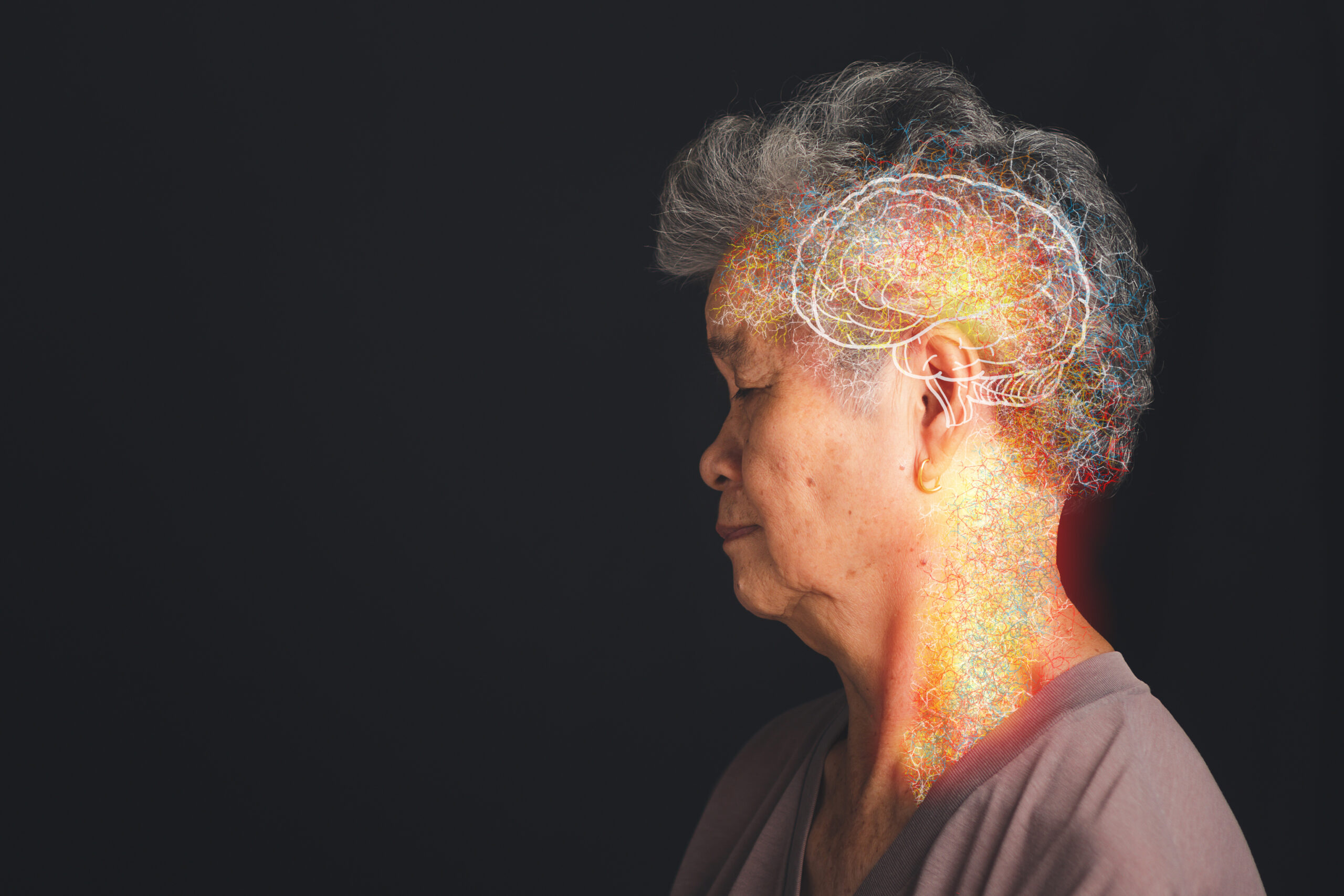Why do people with dementia suddenly become more spiritual or religious
People with dementia often experience profound changes in their lives, and one of these changes can be a sudden increase in spirituality or religiosity. This shift can be puzzling for family and caregivers, but it’s essential to understand the underlying reasons.
Firstly, individuals with dementia may seek comfort and solace in spiritual or religious practices as a way to cope with the challenges they face. Dementia can lead to feelings of loss, confusion, and fear, and spirituality can offer a sense of peace and reassurance. Engaging in religious activities or rituals can provide a sense of familiarity and routine, which is comforting in a world that may seem increasingly unpredictable.
Moreover, spirituality often involves a search for meaning and purpose, which becomes more pronounced as people confront their mortality or significant life changes. For those with dementia, this search can be intensified as they grapple with the progressive nature of their condition. They may find solace in the idea of a higher power or an afterlife, which can help them make sense of their situation and find hope beyond their current circumstances.
Additionally, the social aspect of religious or spiritual communities can be incredibly beneficial. Participating in communal activities provides opportunities for social interaction, support, and a sense of belonging, all of which are crucial for mental well-being. Even if cognitive abilities decline, the emotional and social benefits of these interactions can remain significant.
It’s also worth noting that the brain’s response to stress and illness can sometimes lead to heightened emotional sensitivity, which might manifest as increased spirituality. This heightened sensitivity can make individuals more receptive to spiritual experiences or beliefs, offering them a deeper sense of connection to something greater than themselves.
In summary, people with dementia may become more spiritual or religious as a way to find comfort, meaning, and connection in the face of significant life changes. This shift can be a positive coping mechanism, providing solace and support during challenging times.





